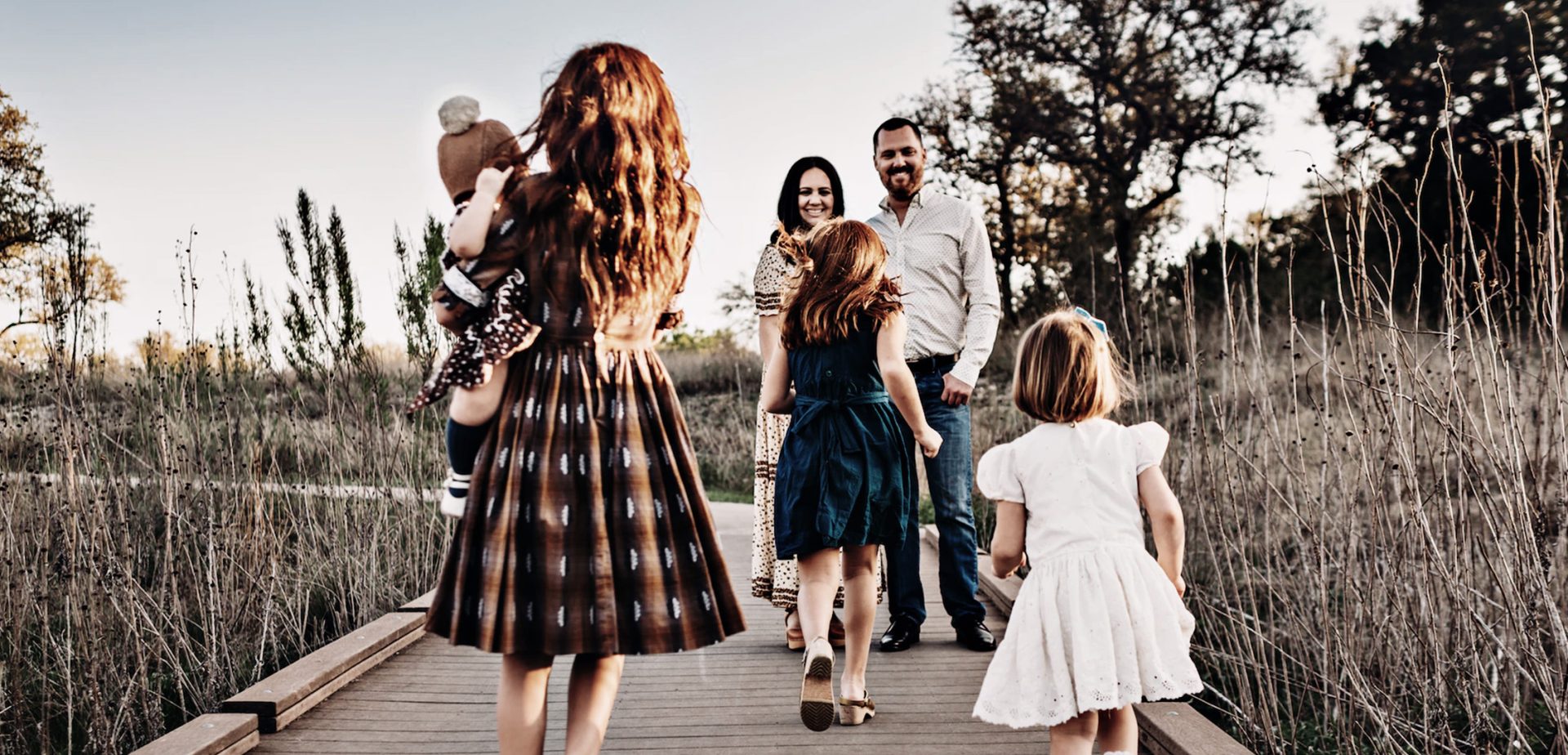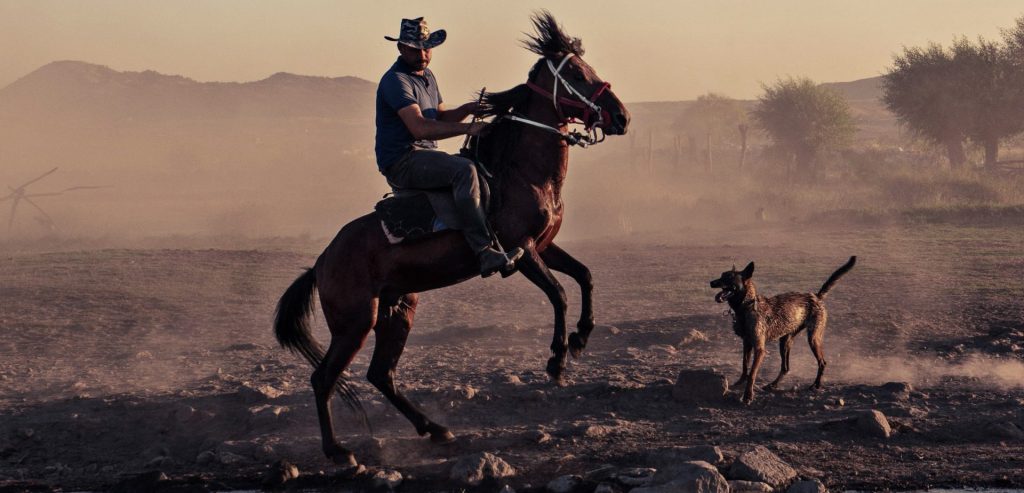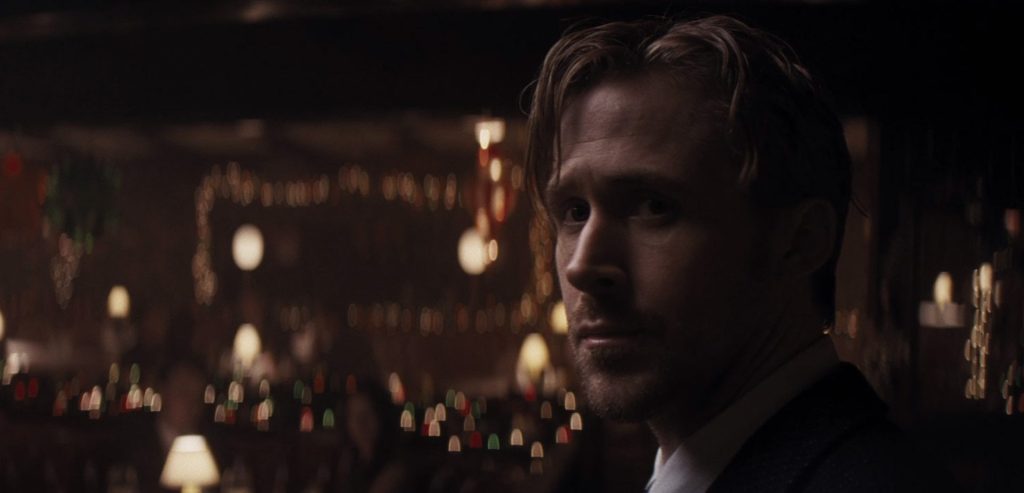The Value of Tradition: Insights from a Male Perspective
Introduction: The Anchoring Role of Tradition
Amidst the rapid pace and unpredictability of modern life, traditions remain steadfast, serving as our anchor. These time-honored practices, passed down through generations, provide a profound sense of identity, tying us intricately to our ancestors. They’re not just rituals; they’re guideposts, beacons that illuminate our path, helping us make sense of the world around us and finding our place within it.
Traditions as a Bridge to the Past
Every cherished tradition serves as a testament to our shared heritage. Think back to childhood evenings, enraptured by the tales our grandfathers spun—stories of valor, love, and sometimes mischief. These weren’t just tales; they were life lessons, encapsulating centuries of shared experiences and wisdom. They allowed us to travel back in time, to walk in the shoes of our ancestors, understanding the trials they faced and the joys they celebrated.
The Masculine Role in Upholding Traditions
From time immemorial, men have played a pivotal role in the preservation and propagation of traditions. Whether leading family gatherings, initiating rites of passage, or imparting wisdom through stories, men have often been at the forefront, ensuring that these precious legacies are passed down undiluted. This responsibility has never been about asserting dominance, but rather about the honor and duty many men feel towards safeguarding these pillars of cultural identity. As society progresses and roles evolve, the modern man grapples with maintaining this balance, ensuring traditions remain relevant while preserving their essence.
Tradition as a Guide in Times of Uncertainty
Life is fraught with uncertainties. And in such tumultuous times, the principles and values embedded within our traditions offer a reassuring touchstone. They serve as a compass, guiding us when the path ahead seems murky. Recalling the challenges our forefathers overcame, armed with the same traditions, provides the strength and resilience to face our own battles, reminding us that we are part of a continuum, and like those before us, we too shall prevail.
The Balance between Tradition and Progress
Traditions are often viewed through a lens of reverence, sometimes to the point of them becoming sacrosanct. But does this reverence stifle innovation and progress? It’s essential to realize that traditions, at their core, were innovations of their time, solutions to the challenges of their era. While it’s vital to honor and uphold them, it’s equally important to allow them to evolve, ensuring they remain pertinent to contemporary challenges. By walking this tightrope, we ensure that traditions retain their core values while adapting to the needs of the present.
The Psychological Benefits of Tradition
Beyond their societal and cultural roles, traditions play a significant role in our mental and emotional well-being. Engaging in familiar rituals, be it festive celebrations or simple family dinners, imparts a sense of belonging and continuity. They serve as reminders that we are part of something larger than ourselves, offering comfort and solace in an increasingly isolated world. The joy of shared experiences, the comfort of routine, and the collective memory of generations all converge to create a safety net, buffering us against the existential challenges of modern life.
Creating New Traditions: Forging a Legacy from Scratch
In an increasingly globalized world, many find themselves detached from their ancestral roots, either by circumstance or by design. The reasons can be varied—migration, adoption, or simply a lack of documentation about one’s lineage. For those who don’t have the privilege of inheriting family traditions, the absence can sometimes feel like an empty space, yearning to be filled.
However, this absence also presents a unique opportunity. While traditions are often seen as legacies passed down, they had to start somewhere. Every ritual, every custom began as a single act, a single story, or a shared experience that resonated deeply enough to be repeated and passed on.
For those looking to forge their own traditions, here’s a guide to get started:
- Reflect on Values: Begin by introspecting on the values and principles that hold meaning to you. What do you want future generations to remember and imbibe? Maybe it’s resilience, compassion, or the importance of community. Let these values be the foundation of your new traditions.
- Incorporate Shared Experiences: Traditions often stem from shared experiences. It could be a yearly family getaway, a monthly community service day, or even a weekly game night. These repeated events, over time, become cherished rituals that bond members together.
- Celebrate Milestones: Births, graduations, first jobs—life is filled with milestones. Creating unique ways to celebrate these moments not only makes them more memorable but also sets a precedent for future generations.
- Blend Cultures: Living in a multicultural world offers the advantage of being exposed to a myriad of traditions. Embrace them. Maybe you could celebrate the Lunar New Year, even if it’s not part of your ancestral heritage, or adopt the Scandinavian tradition of ‘hygge’ during winter months.
- Document and Share: In today’s digital age, documenting has never been easier. Create a family blog, maintain a digital scrapbook, or simply keep a journal. Sharing stories, experiences, and the reasons behind your new traditions ensures they’re remembered and understood by the generations that follow.
- Stay Flexible: The beauty of creating new traditions is that they’re yours to mold. If something doesn’t resonate or loses its relevance, it’s okay to adapt, modify, or even replace it with something more meaningful.
In conclusion, while inherited traditions offer a deep sense of connection to our past, creating new ones provides an opportunity to leave a unique legacy. It’s a testament to the fact that while history shapes us, we too have the power to shape the future. Every new tradition forged today has the potential to become a cherished legacy for the generations to come.
Conclusion: Reimagining Tradition in the Modern Age
Traditions are dynamic, living entities, shaped as much by the present as they are by the past. As stewards of these legacies, it falls upon us, especially the men of this generation, to ensure they remain both relevant and cherished. By infusing them with contemporary insights while staying true to their essence, we can ensure that traditions continue to enrich our lives, offering guidance, comfort, and a bridge to our shared heritage.
In weaving this extended narrative, I’ve endeavored to capture the profound depth and breadth of traditions, illustrating their multifaceted roles in our lives and emphasizing the responsibility we bear in ensuring their continued relevance and reverence.






